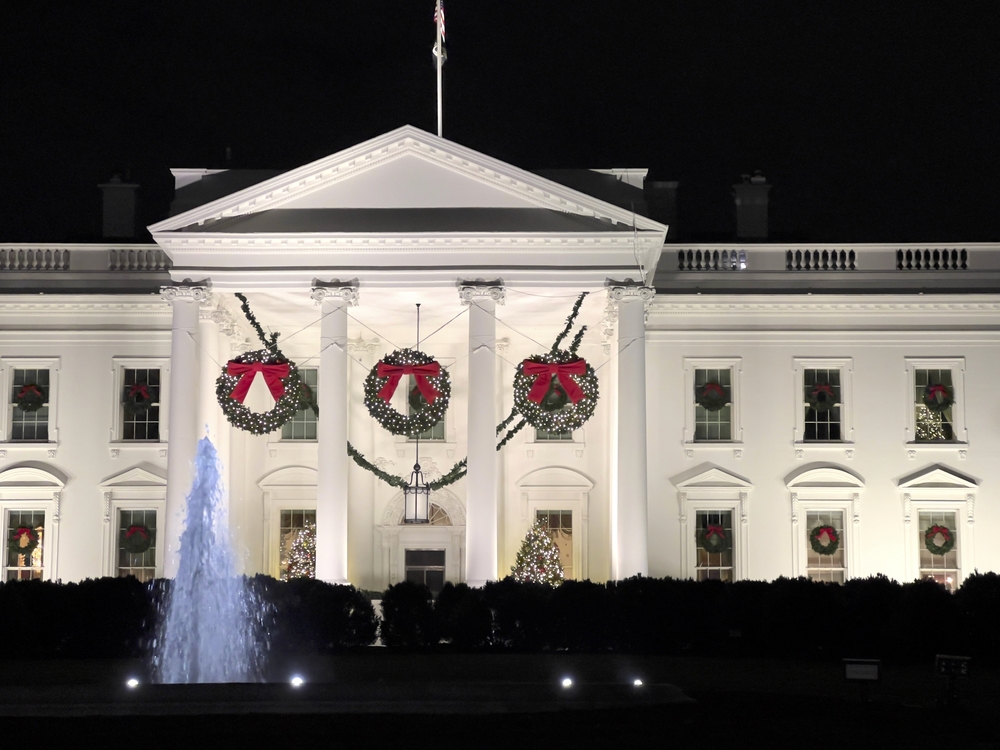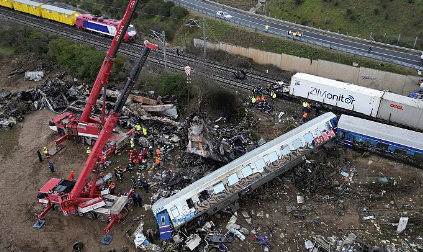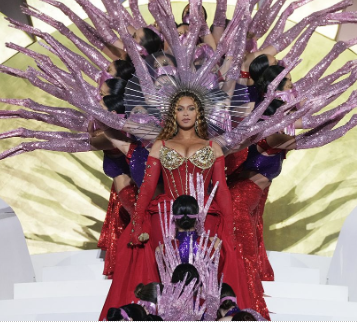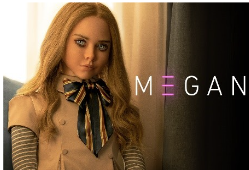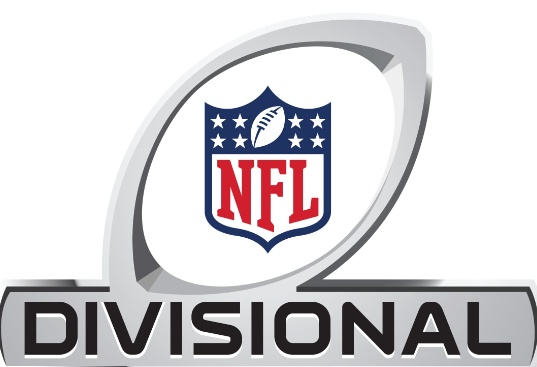Why Did Meta Almost Remove News from Facebook?
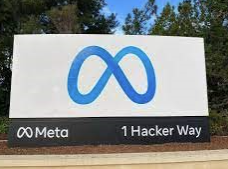
December 20, 2022
On the 6th of December, Meta sent out a statement online suggesting that they may remove news from Facebook based on a bill proposed to Congress. The bill in question was the JCPA, or the Journalism Competition and Preservation Act, which would allow smaller news publishers to receive payments from larger outlets such as Google and Facebook for hosting their works.
The man who represented Meta’s thoughts, Spokesman Andy Stone, said in this tweet, “If Congress passes an ill-considered journalism bill… we will be forced to consider removing news from our platform altogether rather than submit to government-mandated negotiations.” Meta’s concern for the bill came from the need to pay news companies for hosting their information.
There have been a number of views surrounding the bill itself aside from Meta alone and, similarly to Meta, there are a few organizations who believe the bill would negatively impact the news industry. A few of these organizations include the American Civil Liberties Union, Public Knowledge and the Computer & Communications Industry Association.
These organizations argue that the bill would “create an ill-advised antitrust exemption for publishers and broadcasters” and argued the bill does not require “funds gained through negotiation or arbitration will even be paid to journalists.”
There were also supporters for the bill, one of which was Senator Amy Klobuchar, a Democrat from Minnesota as well as the bill’s sponsor. Senator Klobuchar had the belief that the bill would help support those smaller news publishers.
“In one quarter Google made $66 billion in ad revenue while newspapers and little radio stations folded left and right,” Klobuchar said. “We’re just simply trying to get a fair price for content.”
Another big supporter of the bill was The News Media Alliance, a trade group representing newspaper publishers. Similarly to Klobuchar, they hope to benefit journalists by having social media platforms pay the journalists who host their work on their site.
“Local papers cannot afford to endure several more years of Big Tech’s use and abuse, and time to take action is dwindling. If Congress does not act soon, we risk allowing social media to become America’s de facto local newspaper,” the News Media Alliance said.
Eventually the question of whether or not Meta would go by their word reached a conclusion, though, as the JCPA was shelved by Congress.
Danielle Coffey, executive vice president of the News Media Alliance, expressed her beliefs on why the bill had most likely been put to rest.
Even though the JCPA ended up shelved, the conflict between journalists and social media platforms hasn’t reached a conclusion. Groups like The News Media Alliance and Fight for the Future are two groups that wish to continue pushing for policies similar to what the bill introduced.
“It would be an embarrassment, and a travesty, if the Biden administration and Democratic leadership can’t deliver on their promise to rein in the abuses of Big Tech giants,” said Evan Greer, director of Fight for the Future.
